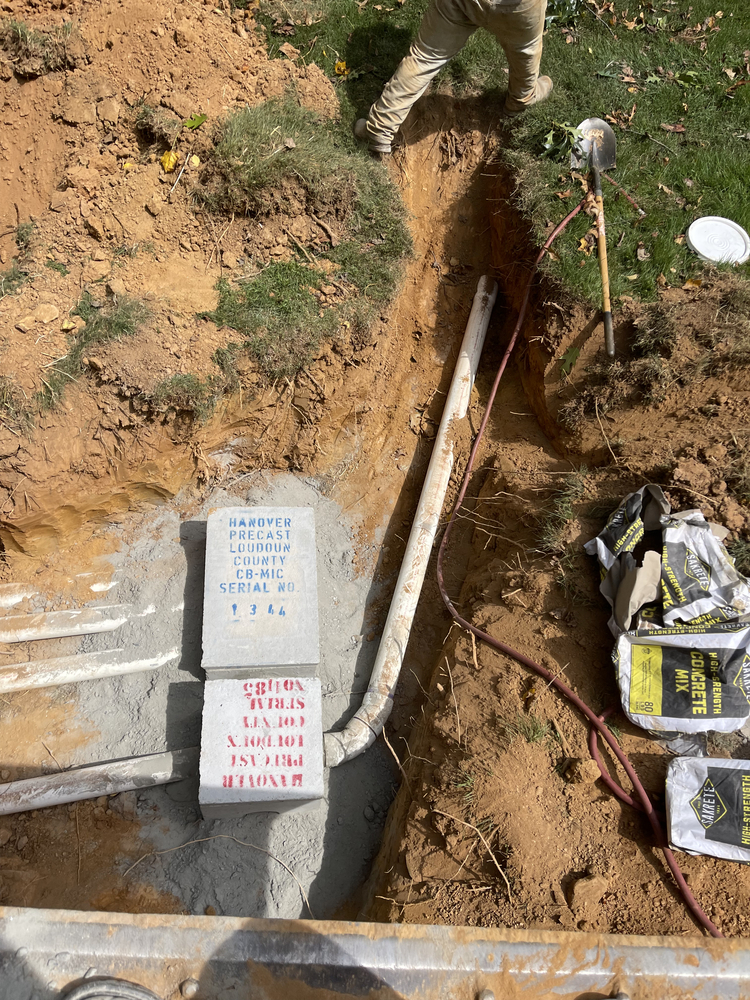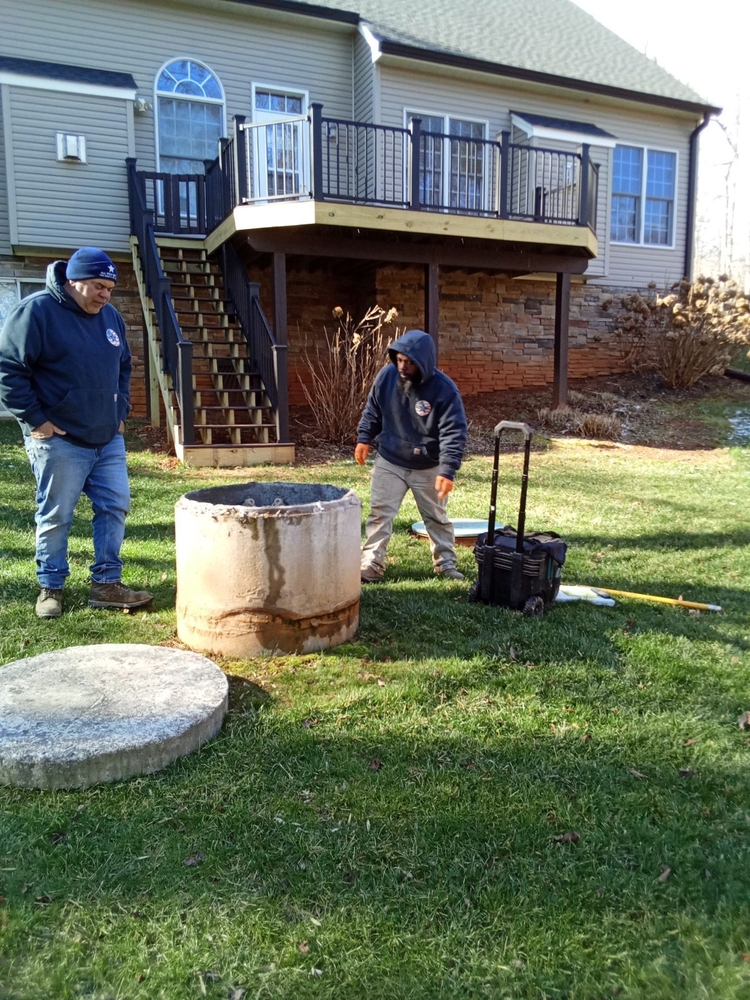Importance of Pre-Purchase Septic System Inspections in Leesburg, VA.
If you’re considering buying a property in Leesburg, VA, a septic system inspection should be at the top of your to-do list.
Investing in a thorough septic inspection before signing on the dotted line can save you from costly surprises down the road.

Here’s why pre-purchase inspections are crucial for Leesburg homebuyers:
- Uncover hidden issues
- Ensure proper functioning
- Protect your investment
| Benefit | Description | Importance |
|---|---|---|
| Peace of mind | Knowing the septic system is in good shape | High |
| Cost savings | Avoiding expensive repairs or replacement | Medium |
| Health & safety | Ensuring the system is not a hazard | High |
How Often Should Septic System Inspections Be Done in Leesburg?
Even if you’re not in the market for a new home, regular septic inspections are essential for Leesburg property owners.
The frequency of inspections depends on several factors:
- Age of the system
- Size of the household
- Soil conditions
- Proximity to water sources
As a general rule, we recommend having your septic system inspected every 1-3 years by a licensed professional.
This allows for early detection and prevention of potential problems.
Scheduling routine inspections can help you:
- Maintain system efficiency
- Extend the lifespan of components
- Avoid costly emergency repairs
| Inspection Frequency | System Age | Household Size |
|---|---|---|
| Every 3 years | < 10 years | 1-2 people |
| Every 2 years | 10-20 years | 3-4 people |
| Every 1 year | > 20 years | 5+ people |
Understanding Common Problems Found During Septic System Inspections in Leesburg
During a septic system inspection in Leesburg, our experienced technicians look for a variety of common issues.
Some of the most frequent problems we encounter include:
- Clogged or damaged pipes
- Malfunctioning septic tank components
- Drain field saturation or failure
- Tree root intrusion
- Improper system design or installation
Many of these issues stem from Leesburg’s unique soil composition and aging septic infrastructure.
Understanding the root causes of these problems can help you take proactive steps to maintain your system’s health.
| Problem | Cause | Prevention |
|---|---|---|
| Clogged pipes | Non-biodegradable items flushed | Proper waste disposal |
| Drain field failure | Overloading the system | Water conservation |
| Tree root intrusion | Trees planted too close | Regular root removal |
How to Understand and Interpret a Septic System Inspection Report
After your Leesburg septic system inspection is complete, you’ll receive a detailed report outlining the technician’s findings.
This report is your roadmap for any necessary repairs or maintenance.
Here’s how to decipher the key components:
- System diagram: Shows the layout and components of your septic system
- Condition ratings: Grades each component’s functionality from poor to excellent
- Recommended actions: Suggests repairs or replacements based on the inspection
If you have trouble understanding any aspect of the report, don’t hesitate to ask your inspector for clarification.
They’ll be happy to walk you through their findings and answer any questions you may have.
5 Warning Signs to Look Out for During a Septic System Inspection in Leesburg
Even if you’re not a septic system expert, there are several red flags you can spot during an inspection that warrant further investigation.
Here are five warning signs to watch for:
- Foul odors emanating from drains or the drain field area
- Slow draining or frequently clogged toilets and sinks
- Standing water or soggy spots in the yard near the septic tank or drain field
- Gurgling sounds coming from drains or toilets
- Backups of sewage into the home through drains or toilets

If you notice any of these signs during your Leesburg septic inspection, alert your technician right away.
Catching and addressing these issues early on can prevent more extensive damage and costly repairs down the line.
Remember, a thorough septic inspection is your first line of defense against potential system failures.
Why We Think This Is Important
At Allstar Septic, we understand the unique challenges that Leesburg homeowners face when it comes to maintaining a healthy septic system.
With our deep knowledge of the area’s soil conditions and years of experience serving the community, we’re committed to providing thorough, reliable inspections to give you peace of mind.
Whether you’re buying a new property or safeguarding your current home, investing in regular septic inspections is one of the smartest decisions you can make.
By staying proactive and vigilant about your system’s health, you’ll enjoy a properly functioning septic system for years to come – and that’s something we can all get behind.
FAQs
How much does a septic system inspection cost in Leesburg, VA?
The cost of a septic system inspection in Leesburg typically ranges from $250 to $500, depending on the size and complexity of the system.
How long does a septic system inspection take?
A thorough septic system inspection usually takes 1-2 hours to complete, including a visual assessment and testing of all components.
What should I do if problems are found during the inspection?
If issues are discovered during your septic inspection, your technician will provide a detailed report with recommended repairs or replacements. Address these promptly to prevent further damage.
Can I do a septic system inspection myself?
While you can perform a basic visual assessment of your septic system, it’s best to leave thorough inspections to licensed professionals with specialized knowledge and equipment.
How often should I have my septic tank pumped?
For most Leesburg households, we recommend having your septic tank pumped every 3-5 years to prevent solid buildup and ensure proper functioning.


